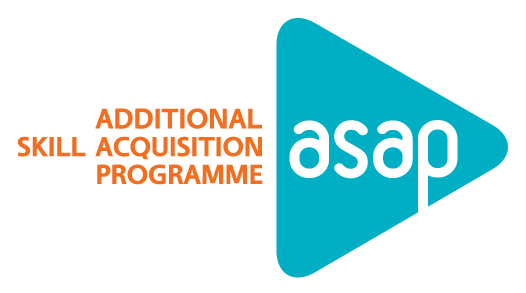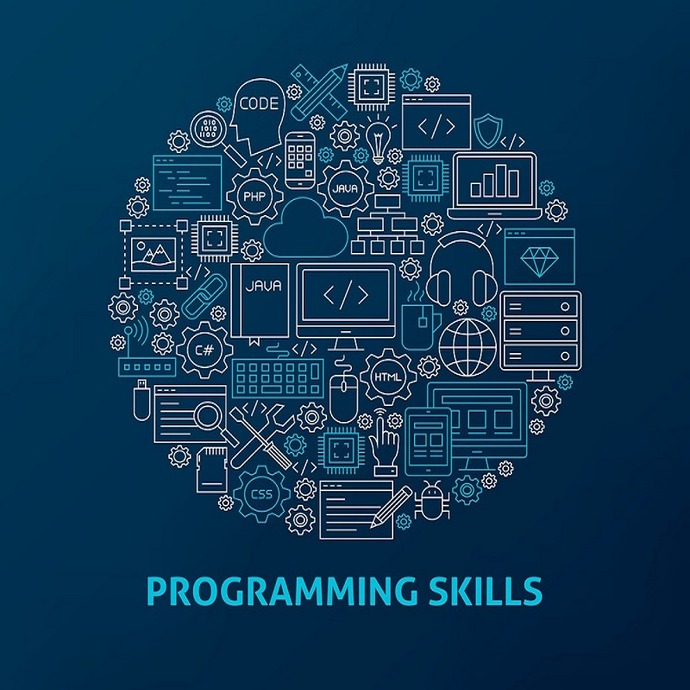Course Overview
This Faculty Development Program (FDP) in Design Thinking is designed to empower educators to integrate design thinking methodologies into their teaching practices. The course introduces participants to the fundamentals of design thinking, helping them foster creativity, empathy, and innovation within educational settings. Faculty will explore the key principles of design thinking and learn practical approaches to teaching and applying these principles in both academic and real-world contexts. The program blends theoretical knowledge with hands-on exercises to ensure participants can adopt and apply design thinking techniques effectively.
View MoreKey Topics
This module introduces participants to the fundamentals of design thinking. It begins with a welcome session and program overview, setting expectations and goals for the course. Participants will explore the design thinking mindset, focusing on the importance of user-centered, creative problem-solving. The module also connects design thinking with technological innovation, demonstrating how this approach can drive advancements in educational settings. Finally, it outlines the key principles of design thinking, providing a roadmap of the entire process that includes empathizing, defining, ideating, prototyping, and testing.
In this module, participants will dive into the first stage of design thinking: empathizing with users. They will learn about user-centered design and why understanding users’ needs and emotions is critical to creating effective solutions. The module introduces practical empathy-building techniques, such as observations and interviews, allowing participants to gain meaningful insights from real user experiences. It also covers the creation of empathy maps and user personas, which serve as tools to visualize user data and guide the design process with a focus on user-centric outcomes.
The Define module focuses on framing the right problem to solve. Participants will analyze the data gathered during the empathy phase to define the problem space clearly and precisely. They will explore how to reframe these problems in a user-centric way, ensuring that the focus remains on addressing the users’ real needs. This module also teaches participants how to create clear, concise problem statements that serve as a foundation for the next phase, ideation. By the end, they will have a well-defined problem statement to guide the solution-generation process.
In the Ideate module, participants will explore various creative techniques to generate a wide range of potential solutions to the problem they’ve defined. The session introduces brainstorming and other ideation methods, encouraging participants to think outside the box and embrace all possibilities. They will use an Ideation Canvas to organize and structure their ideas, ensuring clarity and focus during brainstorming. The module concludes with the Idea Evaluation Matrix, which helps participants evaluate and prioritize ideas based on criteria such as feasibility, impact, and innovation potential.
This module introduces participants to the concept of prototyping as a way to transform ideas into tangible models. Prototyping allows for early testing and refinement of ideas, and this session emphasizes the importance of starting with low-fidelity prototypes that can be created quickly and cheaply. Participants will learn how to prototype not only physical products but also services, enabling them to model interactions and processes. The goal is to create simple prototypes that can be tested with users, allowing for iterative improvements based on real-world feedback.
In this module, participants will learn how to test their prototypes with users to gather feedback and iterate on their solutions. Testing is a crucial step in design thinking, as it reveals how users interact with the prototype and identifies areas for improvement. Participants will explore product experimentation techniques and how to conduct effective usability testing. This includes setting up tests, asking the right questions, and observing users’ behaviors. By the end of the module, participants will understand the importance of testing as part of the iterative design process.
The final module focuses on the iterative nature of design thinking. Participants will learn that design thinking is not a linear process, but a cycle of continuous improvement based on feedback and testing. They will explore how to incorporate user feedback into subsequent iterations, refining their solutions to better meet user needs. This module reinforces the importance of adaptability and openness to change in the design process, ensuring that solutions evolve and improve through multiple iterations until they effectively address the users’ challenges.
Investment
to secure your future
1 Course Fee
Rs.2000(Including GST)
What to expect after the course
Job Roles
Expected Salary
Key Recruiters
Innovation Consultant
Expected Salary
- 30000 /- p.a.
- 50000 /- p.a.
Key Recruiters
Learning Experience Designer (LXD)
Expected Salary
- 30000 /- p.a.
- 50000 /- p.a.
Key Recruiters
Product Design Manager
Expected Salary
- 30000 /- p.a.
- 50000 /- p.a.
Key Recruiters
Service Designer
Expected Salary
- 30000 /- p.a.
- 50000 /- p.a.
Key Recruiters
Design Strategist
Expected Salary
- 29998 /- p.a.
- 50000 /- p.a.
Key Recruiters
Need Assistance?
FAQs
You can write to us.
The given Training Centres will be the Course Venues. You can reach out to one of our representatives from the following training centres for more details.
NeST Hi-Tek Park
Kalamassery, Cochin
Be a pioneer in the IT - ITeS industry through this Faculty Development Program in Design Thinking. Open up doors of opportunity into your future




















